Using Blockchain to Secure Industrial IoT Networks: Improving Security and Transparency in Connected Industrial Systems
The integration of Internet of Things (IoT) technologies into industrial systems has ushered in a new era of connectivity and automation. However, as IoT devices become more prevalent in industry, the risk of cyberattacks and security breaches also grows. This is where blockchain technology comes into play, which has the potential to significantly improve security and transparency in industrial IoT networks. This post highlights the application of blockchain to secure industrial IoT networks and explores how this technology can help improve reliability and transparency in connected industrial systems.
1. Basics of blockchain technology
Blockchain is a decentralized, distributed ledger technology that records transactions in blocks. Each block is cryptographically linked to the previous block, making tampering nearly impossible. This structure provides an immutable and transparent record of data, which is beneficial in many applications, including securing IoT networks.
2. Challenges in industrial IoT networks
Industrial IoT networks consist of numerous connected devices, sensors and systems that continuously exchange data. These networks are vulnerable to various security threats, such as:
- Cyberattacks: Hackers can attack unprotected IoT devices and carry out malicious activities.
- Data manipulation: Without appropriate security measures, data transmitted between devices can be manipulated.
- Lack of transparency: In traditional centralized systems, the origin and integrity of data is difficult to trace.
3. Applying blockchain to secure industrial IoT networks
Implementing blockchain technology in industrial IoT networks can address these challenges:
3.1 Decentralized security architecture
Blockchain enables a decentralized security architecture that does not require a central authority. Every IoT node (device) in a blockchain network has a copy of the ledger, making tampering with data extremely difficult. This reduces vulnerability to centralized attacks.
3.2 Immutable recording of transactions
The immutable nature of the blockchain ensures that all transactions are permanently recorded. This creates a traceable history of all activities in an IoT network, ensuring the origin and integrity of the data. Manipulation or unauthorized changes are immediately detected.
3.3 Secure communication and authentication
Blockchain can be used to authenticate and authorize devices in the IoT network. By using cryptographic keys, devices can communicate with each other and exchange data securely. This prevents unauthorized access and ensures that only trusted devices participate in the network.
3.4 Smart contracts for automated processes
Smart contracts are self-executing contracts whose terms are written in code and stored on the blockchain. In industrial IoT networks, smart contracts can be used to automate and secure processes. For example, maintenance work can be carried out automatically when certain sensor values are reached, and all activities are recorded transparently on the blockchain.
4. Case studies and applications
4.1 Supply Chain Management
In the supply chain, blockchain can be used to track and verify products. Each product is provided with a digital twin on the blockchain, and all movements and changes are recorded transparently. This improves traceability and prevents fraud.
4.2 Energy management
In the energy sector, decentralized IoT devices that monitor energy production and consumption can communicate securely and transparently via blockchain. This enables efficient management and billing of energy flows.
4.3 Maintenance and inspection records
In industrial maintenance, blockchain-based systems can be used to immutably record maintenance and inspection logs. This ensures data integrity and allows easy tracking of all maintenance work performed.
5. Challenges and future prospects
Despite the many benefits, there are also challenges in implementing blockchain in industrial IoT networks:
- Scalability: Blockchain technology must be able to efficiently process the enormous amount of data generated by IoT devices.
- Interoperability: Integrating blockchain with existing industrial systems and standards requires significant effort.
- Energy consumption: The high energy consumption of blockchain networks, especially with consensus mechanisms such as Proof of Work, can be problematic in industrial applications.
However, continuous research and development in blockchain technology, including new consensus mechanisms such as proof of stake and sharding, will help address these challenges and further advance the application of blockchain in industrial IoT networks.





